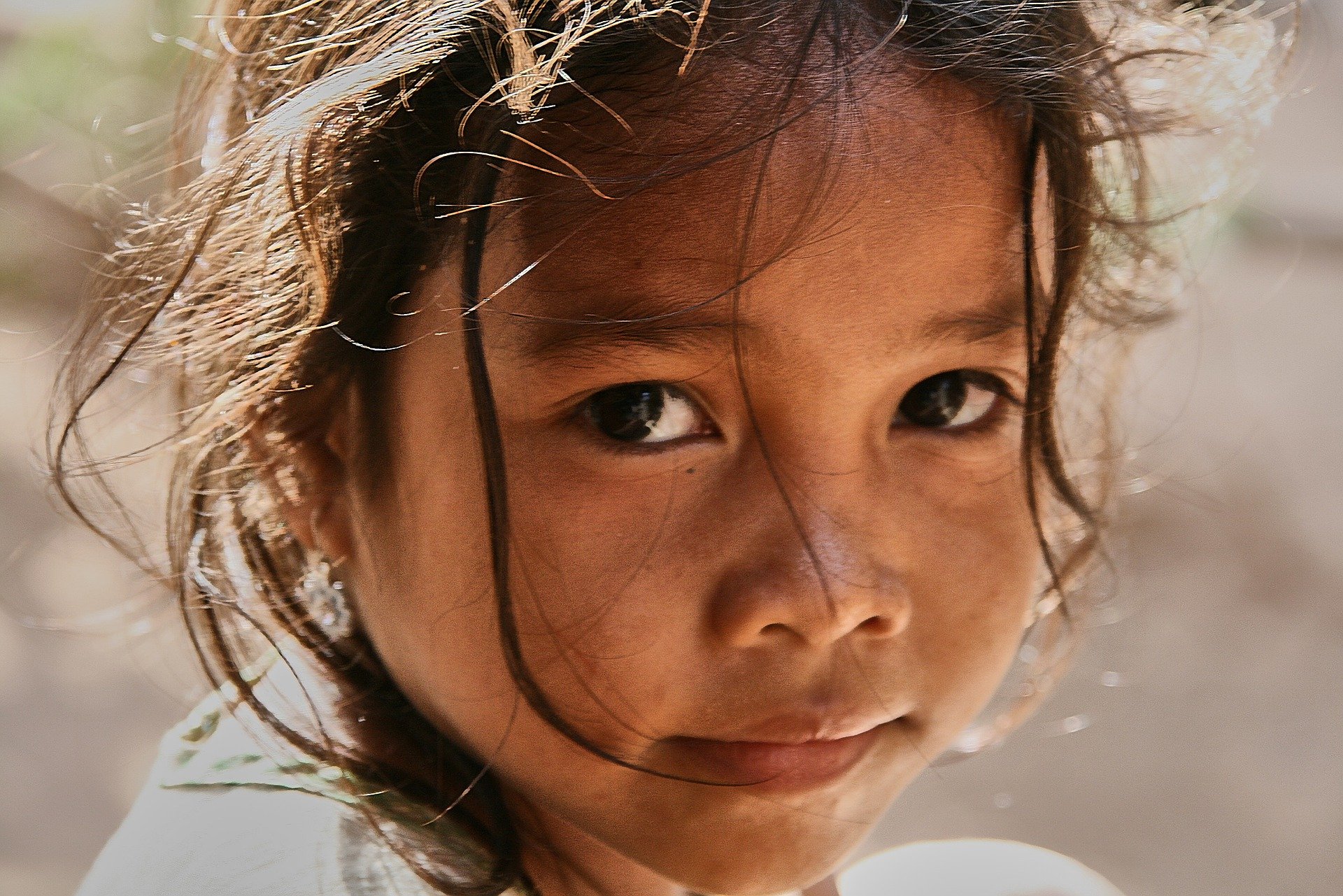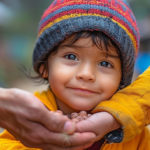
Two new global reports addressing potential violations of children’s rights to identity
The following two reports launched globally focus on different circumstances, in which children’s right to identity may be at risk. UNHCR’s report, Global Trends – Forced Displacement in 2022, outlines the global trends of this phenomenon in 2022. It includes a section on birth registrations of refugees under UNHCR’s mandate, whilst also acknowledging that data on the number of children born into refugee status are undercounts, as source data on births among refugee populations reported to UNHCR and registered by governments is incomplete. Despite the latter, UNHCR estimates that ‘more than 1.9 million children were born as refugees between 2018 and 2022, equivalent to some 385.000 children per year. The sheer scale of new displacement in 2022 has led to a more significant margin of error than in previous years. If new displacement people in 2022 remain displaced during 2023, these estimates could increase”. One chapter also focuses on statelessness, including children being born stateless – even though, here again, it is believed that the latter are undercounted in global statistics. It is worth mentioning that a number of positive developments and promising practices to remedy statelessness amongst children in Liberia, Kenya, the Philippines are highlighted.
Furthermore, the UN Secretary-General’s report on conflict-related sexual violence in 2022, submitted to the UN Security Council, outlines the phenomenon, offers an update on conflict-related sexual violence in a number of countries as well as recommendations, and includes post-conflict settings and other related situations of concern too. In relation to children’s right to identity, one situation worth mentioning is the conflict in Iraq, where it appears that ‘[Yazidi survivors who returned from Da’esh captivity] and their children, including children born of rape, cannot obtain birth registration and identity documents, as Iraqi law requires proof of paternity’. The Secretary-General therefore called ‘for [the] scope [of the Law on Support to Female Yazidi Survivors] to be expanded to include children born of conflict-related rape, and to enact legislation that renders all children eligible for birth registration and documentation’.
Child Identity Protection (CHIP) welcomes both these reports that shed light on potential violations of children’s rights to identity in a range of situations, by focusing on and urging States to give priority to birth registration and the issuance identity documents to all children, who are forcibly displaced, at risk of statelessness or in conflict settings.
Sources: UNHCR (2023). Global Trends – Forced Displacement in 2022. Available at: https://www.unhcr.org/global-trends-report-2022; UN Security Council. Conflict-related sexual violence – Report of the Secretary-General. S/2023/413. 22 June 2023. Available at: https://reliefweb.int/report/world/conflict-related-sexual-violence-report-secretary-general-s2023413-enarruzh





